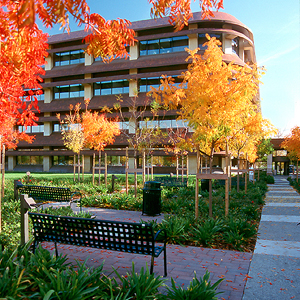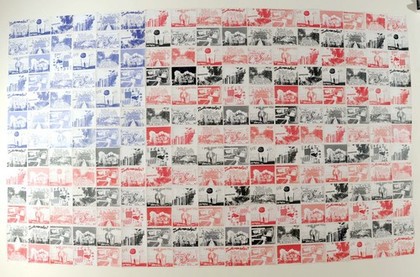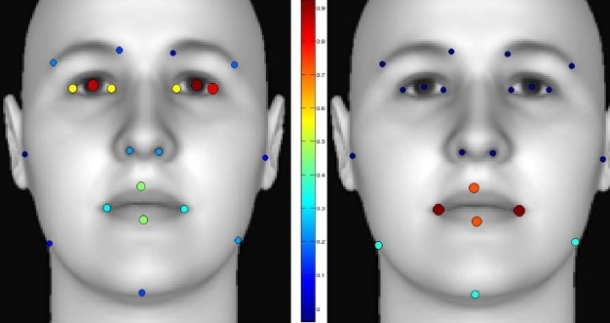What Will Happen if we Move the Company: The Limits of Data
Some years back in a prior career (and life) I was running HR technology for a mid-size organization that at the time had maybe 5,000 employees scattered across the country with the largest number located on site at the suburban HQ campus (where I was also located). The HQ was typical of thousands of similar corporate office parks - in an upscale area, close to plenty of shops and services, about one mile from the expressway, and nearby to many desirable towns in which most of the employees lived. In short, it was a perfectly fine place to work close to many perfectly fine places to live.
But since in modern business things can never stay in place for very long, a new wrinkle was introduced to the organization and its people - the looming likelihood of a corporate relocation from the suburban, grassy office park to a new corporate HQ to be constructed downtown, in the center of the city. The proposed new HQ building would be about 15 miles from the existing HQ, consolidate several locations in the area into one, and come with some amount of state/local tax incentives making the investment seem attractive to company leaders. Additionally, the building would be owned vs. leased, allowing the company to purpose-design the facility according to our specific needs, which, (in theory), would increase overall efficiency and improve productivity. So a win-win all around, right?
Well as could be expected once news of the potential corporate HQ relocation made the rounds across the employee population, complaints, criticism, and even open discussions of 'time to start looking for a different job' conversations began. Many employees were not at all happy about the possible increase in their commuting time, the need to drive into the 'scary' center city location each day, the lack of easy shopping and other service options nearby, and overall, the change that was being foisted upon them.
So while we in HR knew (or at least we thought we knew), there would be some HR/talent repercussions if indeed the corporate HQ was relocated, we were kind of at a loss to quantify or predict what these repercussions would be. The best we were able to do, (beyond conversations with some managers about what their teams were saying), was to generate some data about the net change in commuting distance for employees, using a simple and open-source Google maps based tool.
With that data we were able to show that (as expected), some employees would be adversely impacted in terms of commuting distance and some would actually benefit from the HQ move. But that was about as far as we got with our 'data'.
What we didn't really dive into (and we could have even with our crude set of technology), was break down these impacts by organization, by function, by 'top' performer level, by 'who is going to be impossible to replace if they leave' criteria.
What we couldn't do with this data was estimate just how much attrition was indeed likely to occur if the move was executed. We really needed to have an idea, (beyond casual conversations and rumor), who and from what areas we might find ourselves under real pressure due to possible resignations.
And finally, we had no real idea what remedial actions we might consider to try and stave off the voluntary and regrettable separations (the level of which we didn't really know).
We basically looked at our extremely limited data set and said, 'That's interesting. What do we do with it?'
Why re-tell this old story? Because someone recently asked me what was the difference between data, analytics, and 2015's hot topic, predictive analytics. And when I was trying to come up with a clever answer, (and I never really did), I thought of this story of the corporate relocation.
We had lots of data - the locations of the current campus and the proposed new HQ. We also had the addresses of all the employees. We had all of their 'HR' data - titles, tenure, salary, department, performance rating, etc.
We kind of took a stab at some analytics - which groups would be impacted the most, what that might mean for certain important areas, etc. But we didn't really produce much insight from the data.
But we had nothing in terms of predictive analytics - we really had no idea what was actually going to happen with attrition and performance if the HQ was moved, and we definitely had no ideas or insights as to what to do about any of that. And really that was always going to be really hard to get at - how could we truly predict individual's decisions based on a set of data and an external influence that had never happened before in our company, and consequently any 'predictions' we made could not have been vetted at all against experience or history?
So that's my story about data, analytics, and predictive analytics and is just one simple example from the field on why this stuff is going to be hard to implement, at least for a little while longer.
 New Tech,
New Tech,  Technology tagged
Technology tagged  Big Data,
Big Data,  Technology,
Technology,  analytics,
analytics,  data,
data,  work
work  Email Article
Email Article 
 Print Article
Print Article 



